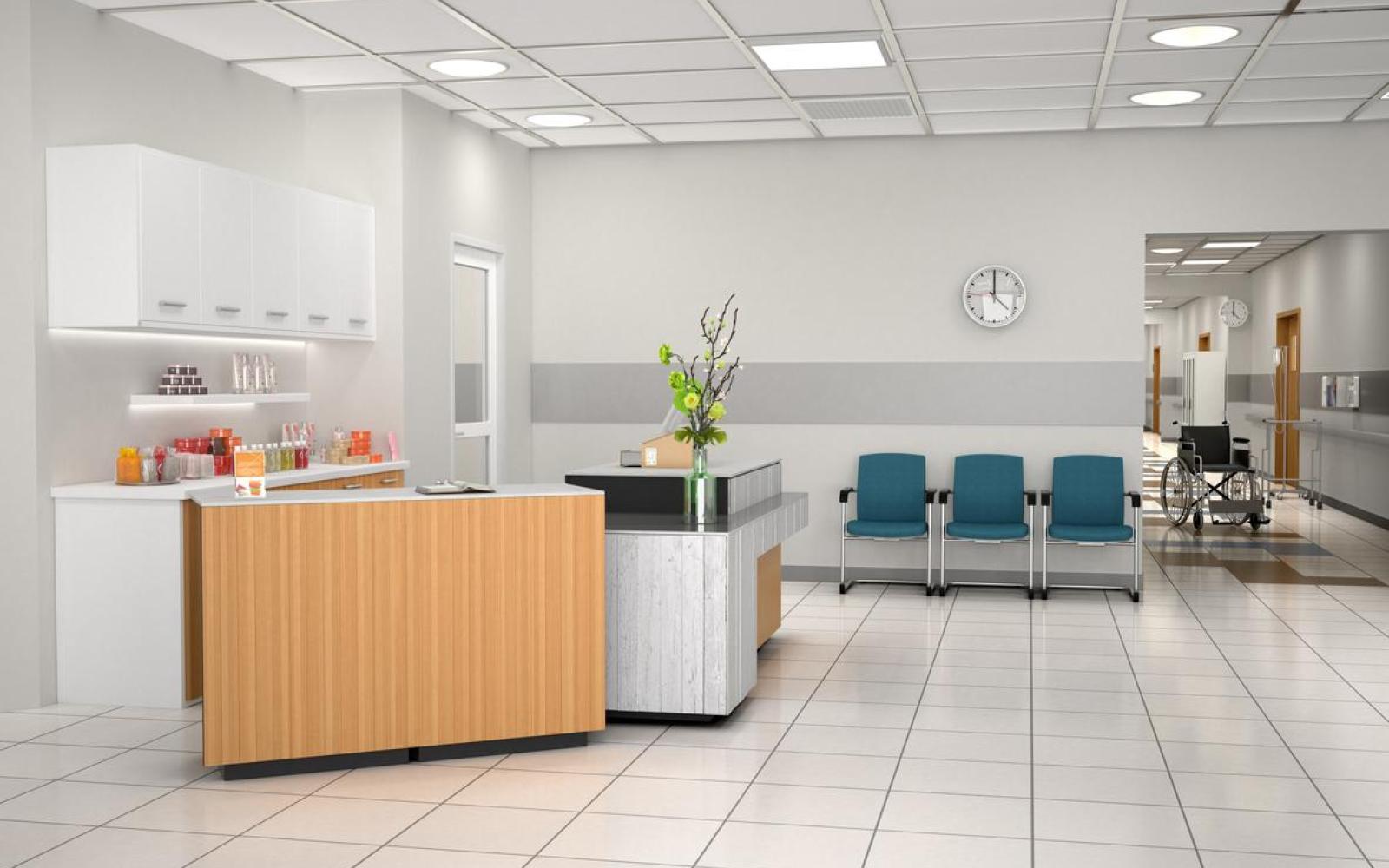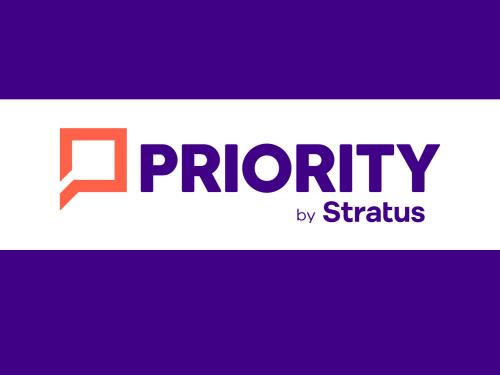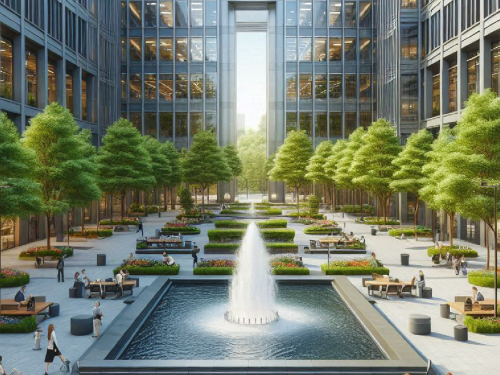Top 2022 Trends in Healthcare Branded Environments
Brand environment experts who focus on executions that accommodate current trends are critical to achieving successful and lasting renovations and new constructions of healthcare facilities.

The pace of new hospital and care center construction continues to increase exponentially in the United States and abroad. While the healthcare industry has been traditionally focused on the medical utility of facility creation and design, there is an increasing movement towards designing comprehensive brand environments within healthcare buildings. This approach - which would traditionally be considered more ‘customer focused’ - has myriad benefits, including increased brand loyalty, patient satisfaction, employee retention, and even better medical outcomes. Some of the specific 2022 trends we are seeing include:
- Residential Approaches to Design. The aesthetic of ‘resimercial’ design has entered the healthcare world. It’s an approach that seeks to create a more comforting environment, maximize cleanability, and appeal to patients who are hesitant to visit a location because of COVID or a general distaste for healthcare. This is manifested through more wood (or woodlike) flooring, instead of traditional thin carpet, softer fabrics on chairs, and textured wallpaper. All materials are easily cleanable with bleach or other antiseptic cleaners to accommodate more rigorous standard while maintaining that homelike feel.
- Flexibility in Space Management. Covid demonstrated the need for adaptable spaces throughout healthcare facilities, even in the lobby and waiting rooms. The ability to divide spaces for symptomatic and asymptomatic patients, setup dedicated screening areas, and utilize other modular design features to handle patient overload are all critical components of new healthcare branded environments. Patient flow can be changed or altered on short notice, all while maintaining brand consistency throughout the experience.
- End-User Input. Some forward-thinking hospitals, like University Medical Centre Nijmengen in the Netherlands, have adopted patient input in design choices. In this scenario patients are surveyed for their input on design preferences to foster a more welcoming and friendly environment. These changes can result in basic shifts like table shape and material(s) preferences, or major shifts like lighting and color palette selection.
- Diversity Equity and Inclusion (DE&I). As many healthcare institutions continue to serve more diverse populations, there is a trend towards brand environment design that maximizes inclusiveness and fosters a welcoming environment. This is realized through design imagery that is multicultural, the use of additional languages on signage throughout the building(s), denominationally inclusive prayer rooms, and permanent installed opportunities to provide feedback on inclusiveness.
The healthcare world is going through a multitude of changes, brought on by an increasing desire to improve patient experience, a commitment to diversity & inclusion, and in response to the changing physical needs of facilities based on the COVID experience. Brand environment experts who focus on executions that accommodate these current trends are critical to achieving successful and lasting renovations and new constructions of healthcare facilities.



